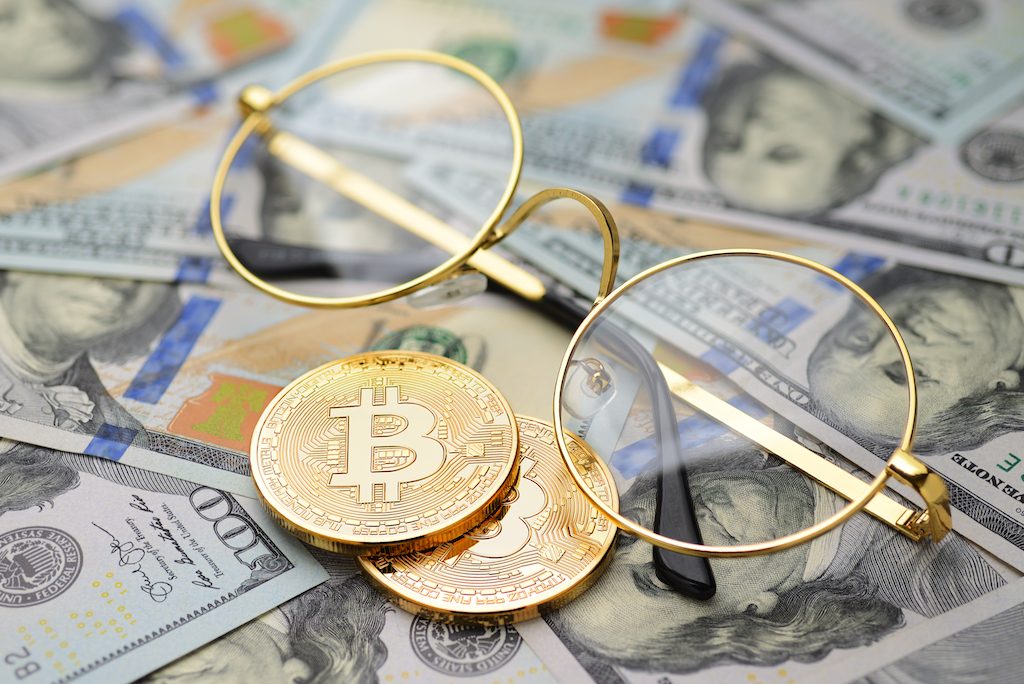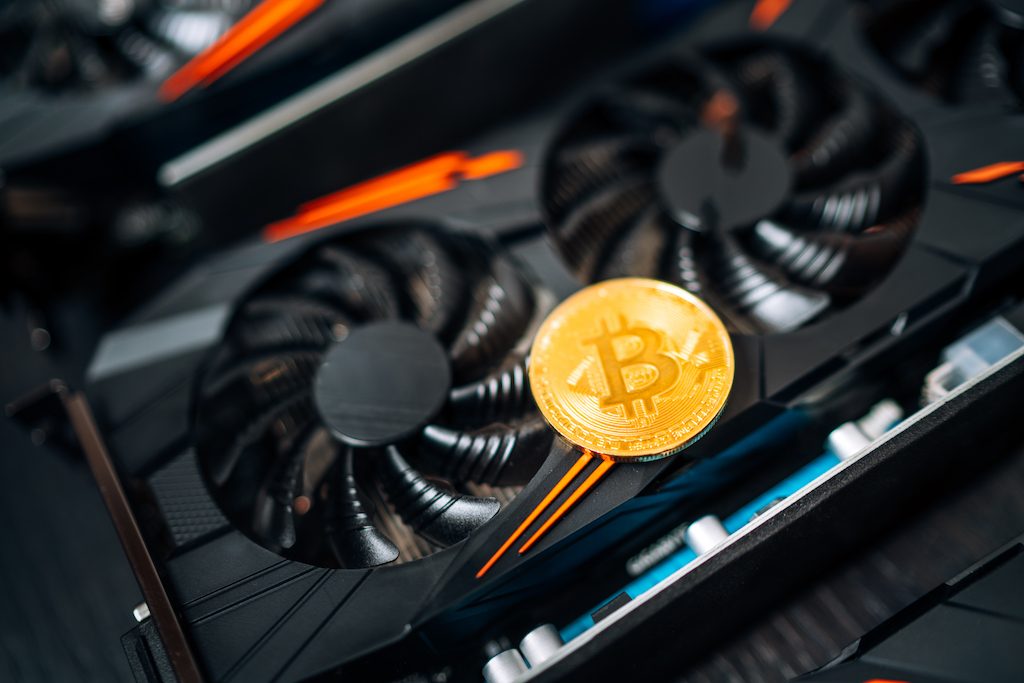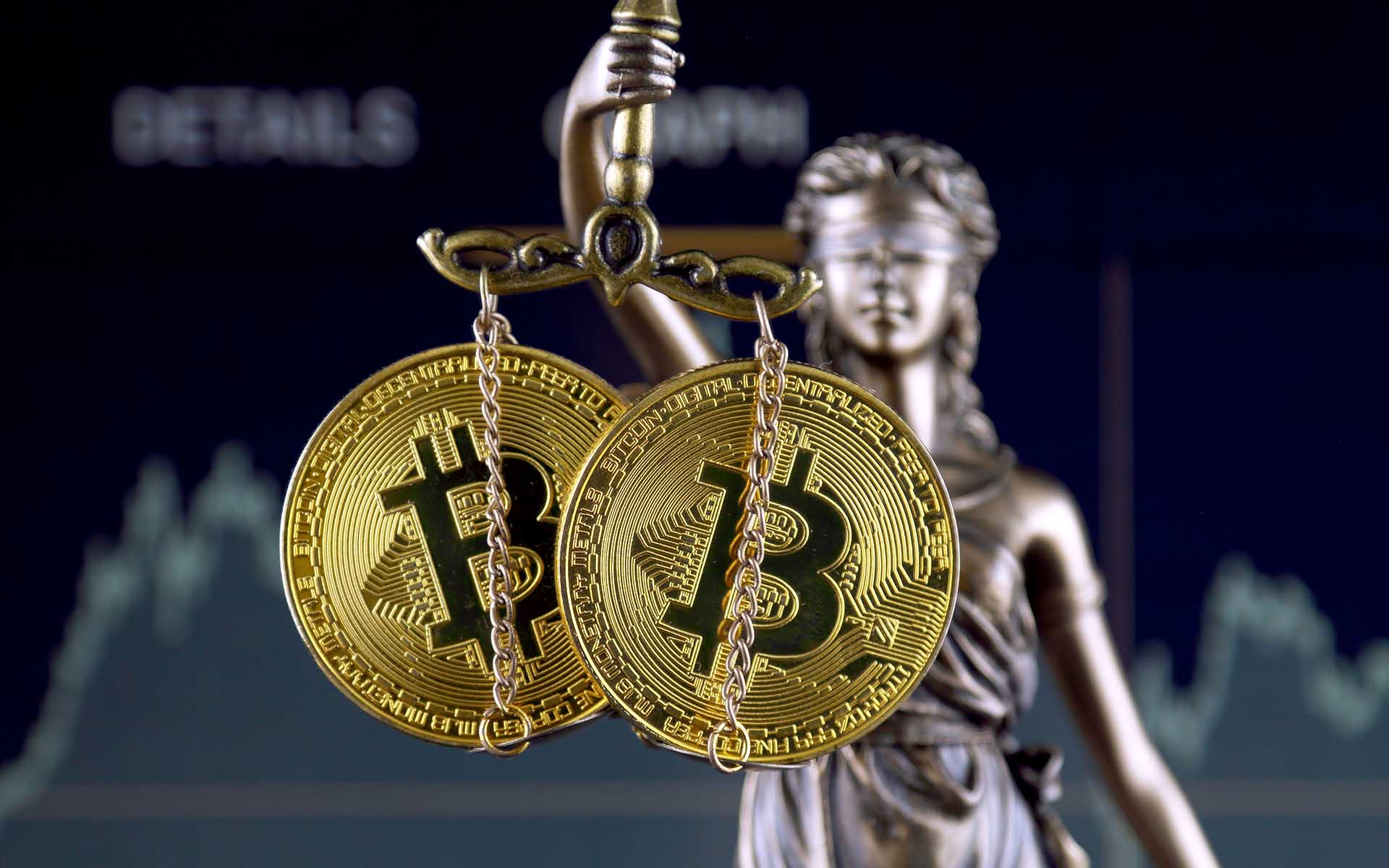It does not seem that long ago that the world of cryptocurrency consisted of a bunch of entrepreneurs who required nothing more than a dream and a whitepaper to raise tens of millions of dollars from investors.
It is pretty safe to say that times have indeed changed.
As we continue through what is being called a “crypto winter” by some, it is important to remember that it is not all doom and gloom.
Yes, the end of 2017 will always be remembered as the high point in the crypto industry thus far, and levels during the current year have paled in comparison, but cryptocurrencies are still up by approximately USD 300 billion in aggregate since the middle of April last year, which is a return on investment of around 11x over the current timeframe.
While the incredible rises in value at the end of last year made those smart (and lucky) enough to invest in crypto beforehand a good bit richer, it also caught the eye of regulators.
There is no doubt that regulators were initially caught off guard by the sudden explosion of value in the crypto market, but they have spent most of this calendar year doing their level best to catch up.
A quick look over the most prominent headlines from the crypto world this year shows that organizations like the Securities and Exchange Commission (SEC) are more interested in the world of crypto than ever before.

The SEC appears particularly concerned with Initial coin offerings (ICOs), and there is a lot of belief that forthcoming regulations will see them be considered as securities.
Regulatory plans and developments in the US have been widely discussed in industry media, but with differing rules, regulations, and organizations existing all over the world, how will regulation come into play on a global level?
Before we look at the different regions, it is important to identify the key areas of cryptocurrency that regulators are concerned with.
ICOs and funding
As touched upon briefly, the days of an entrepreneur being able to solicit funding with nothing more than an idea and a whitepaper to his name are all but over.
ICOs are a method used by companies to raise capital, by issuing a new coin in exchange for funding by way of cryptocurrency, such as bitcoin.
As some of the horror stories regarding ICOs will show, this is a risky venture for any investor, with a disturbing number of scams taking place where founders have raised funds then disappeared with the money.
This is one aspect of the cryptocurrency industry that regulators are very keen to get a handle on.
Trading and exchanges
The most well-known aspect of the crypto world, and one which gives regulators worldwide a bit of a headache.
How do you classify cryptocurrencies?
Are they securities? Or are they commodities?
Classification is what will eventually determine how they are regulated in the future.
Mining
Another aspect of crypto that interests regulators, although for different reasons.
The process of mining a cryptocurrency, such as bitcoin, involves the use of specially built computers and a lot of energy consumption.
It is the latter that is concerning many regulators, as the effect that crypto mining has on the environment has raised a lot of questions, especially when it comes to mining hotbeds such as China.
Western Regulation
While it is fair to say that the western world has not wholly embraced cryptocurrency with the same enthusiasm as other parts of the world, it is slowly warming up to it.
At this stage, there is very little by way of regulation in the west, with a clear emphasis on merely warning investors and traders about the risks posed by ICOs and cryptocurrencies in general.
The US
The US seems to be taking the approach of shoehorning crypto companies into the current laws and regulations rather than creating specific ways to deal with this new industry.
Is this the correct way to go about things? Time will tell.
Like most of the western world, there is an emphasis on alerting people to the risks of ICOs and trading crypto.
[bctt tweet=”The US seems to be taking the approach of shoehorning crypto companies into the current laws and regulations rather than creating specific ways to deal with this new industry.” username=”coincheckup”]In an official statement made at the end of 2017, the SEC said that “a number of concerns have been raised regarding the cryptocurrency and ICO markets, including that, as they are currently operating, there is substantially less investor protection than in our traditional securities markets, with correspondingly greater opportunities for fraud and manipulation.
“Investors should understand that to date no initial coin offerings have been registered with the SEC.
“The SEC also has not to date approved for listing and trading any exchange-traded products (such as ETFs) holding cryptocurrencies or other assets related to cryptocurrencies.
“If any person today tells you otherwise, be especially wary.”
When it comes to classification of cryptocurrencies in the US at the moment, both bitcoin and ether are not considered to be securities.
SEC Chairman Jay Clayton reiterated that laws would not be changed to accommodate cryptocurrencies, instead pointing out that the SEC has “been doing this a long time, there’s no need to change the definition,” and highlighting that the US has built an almost USD 20 trillion securities market that he claims is “the envy of the world” under the current rules and regulations.
The EU
Made up of 28 member nations who all have differing views on how cryptocurrencies should be regulated, the current attempt to create a single approach by key EU members looks as though it could prove difficult.
Much like the US, the EU has provided an official statement that highlights the volatile nature of cryptocurrency, warning consumers about risking money they can ill-afford to lose.
New money laundering laws introduced by the EU in April will include virtual currencies, with the Anti-Money Laundering Directive aiming to stop people processing currency through EU registered companies whose owners are based outwith the region.
This new law requires digital currency exchanges to apply the necessary due diligence controls to customers in much the same way as banks have to.
The Anti-Money Laundering Directive is due to come into effect within the next year or so.
The UK
While the UK is part of the EU (for now, anyway) it is worth looking at them separately as their approach seems to mirror the US in many ways – no new legislation, but warnings about the unpredictable nature of digital currency from official bodies such as the Financial Conduct Authority.
With that said, in February of this year lawmakers in the UK launched an inquiry into both cryptocurrencies and blockchain technology, with the intention of looking at the impact this new technology could have, and monitor the regulatory response from those in financial positions of power such as the FCA and the Bank of England.
The UK Parliament’s Treasury Committee is actively cooperating with the FCA and Bank of England to create a policy that is due to be released before the end of this year according to reports.
Asian regulation
Over the past few years, Asia has cemented itself as home to the dominant players in the cryptocurrency industry. Countries from this part of the world have tended to lead the way when it comes to trading, especially with bitcoin.
Initially, it was China who was leading the way, but recent changes in legislation there have allowed both Japan and South Korea to assume pole position.
China
Back in 2013 bitcoin was trading at just a shade over $1,000, and China was one of the primary forces behind this price.
Lately though we’ve seen Chinese authorities increasingly clamp down on cryptocurrencies, beginning with a 2014 demand from the People’s Bank of China, which is China’s central bank, for banks and payment processing companies to shut down any accounts operated by owners of cryptocurrency trading sites.
This demand essentially shut digital exchanges off from operating bank accounts.
Three years later in 2017, China officially banned initial coin offerings altogether, with regulators providing a comprehensive list of ICO platforms to financial authorities to investigate.
It was around this point that the biggest crypto exchanges in the country halted trading operations on a domestic basis at the request of the Chinese government, followed this year by a move to block foreign trading platforms from operating in China as well.
Bitcoin mining didn’t escape the wrath of the Chinese government either, according to the Financial Times, as a group consisting of a number of Chinese government agencies began working with local authorities to try and close down crypto mining operations.

It is well known that crypto mining is a significant drain on electricity and has a detrimental effect on the environment.
These actions from the Chinese government have seen many of the major Chinese players in the crypto industry move their operations overseas, to places such as Singapore in the case of Bitmain, and Huobi who transferred their operation to Japan.
Japan
With China’s response to cryptocurrency activity within its borders, Japan rightly spotted an opportunity to position themselves at the forefront of the Asian cryptocurrency scene and went about introducing policies that were considered cryptocurrency-friendly.
Early last year Japan officially allowed businesses and merchants to accept bitcoin as legal payment, with the countries Financial Services agency recognizing various cryptocurrency exchanges as legitimate operators.
Despite its forward-thinking though, Japan has run into issues with Coincheck being hacked to the tune of more than USD 500 million, which resulted in a number of exchanges being punished and some even being forced to close altogether as the Japanese authorities took measures to ensure such a hack would not happen again.
Despite these issues, Japan hasn’t been deterred from trying to make cryptocurrency work for them, and more ways of regulating the industry are in the pipeline.
South Korea
For a while there it looked as though South Korea would be heading down a similar path to that of China, as authorities toyed with the idea of shutting down exchanges, but in recent times have instead chosen to try to work with them.
Back in December of last year, the South Korean Financial Services Commission (FSC) issued a ruling that prevented crypto exchanges from granting new trading accounts to customers, followed by a suggestion that some domestic digital exchanges could be shut down.
This caused a bit of concern as you could imagine, and the cryptocurrency community in South Korea issued petitions against such action being taken.
Since then we have seen South Korean authorities announce rules that helped to clarify their stance on digital currencies which include only allowing exchanges to work with customers who have linked a bank account to their trading account in their real name, and separation of finances within exchanges between customer’s money and operational funds.
In a pretty stark turnaround, South Korea has gone from being on the brink of shutting down crypto trading to now bringing this fledgling industry into the financial fold and legitimizing it.
What does the future look like?
At this point, I think it is fair to say that the most prominent players in the digital currency industry over the next few years at least will come from Asia.
Both Japan and South Korea are leading the way in showing how to approach this new technology and harness it for the greater good.
There are undoubtedly going to be road bumps along the way, but by and large, they seem to be moving in the right direction.
The same cannot be said about China, however, who have somehow managed to take themselves from being considered an industry leader in sabotaging their own position.
The damage done to the industry in China, which has seen some of their major exchanges take their business to more welcoming environments will take a long time to reverse.
That is assuming that the government of China is interested in reversing this situation any time soon. Signs at the moment aren not great.
The western region is a mixed bag just now, and it is difficult to tell which direction it is going to go in.
While it does not look as though it will be as extreme as anything China has brought into law, there is still a lot of delay and confusion when it comes to regulation, and this is not doing the industry any favors, especially when it comes to attracting the next level of investment.
Namely, institutional investors.
The majority of institutional investors just are not willing to jump into an unregulated, unfamiliar environment and risk their capital.
[bctt tweet=”Despite the lack of regulatory steps taken by official bodies, we have seen some exchanges pop up in Europe and the US that are taking matters into their own hands and doing their best to bridge the gap by self-regulating.” username=”coincheckup”]The Winklevoss twins, for example, are part of the Virtual Commodity Association which works with the likes of Bittrex, bitFlyer USA and Bitstamp.
Plans are in place for this group to hold its first meeting this month, with topics such as membership guidelines, best self-regulation practices and staffing appointments on the agenda.
An official statement from the VCA reads –
“The initial participants in the VCA Working Group will include: Bitstamp, Inc., bitFlyer USA, Inc., Bittrex, Inc., and Gemini Trust Company, LLC.
“The Working Group will work toward the goal of establishing an industry-sponsored, self-regulatory organization (SRO) to oversee virtual commodity marketplaces.”
This type of approach, while not mirrored in Europe to the same degree as far as organization is concerned, is also gaining traction with individual exchanges such as Liechtenstein-based ETERBASE, who have recently received Financial Market Authority approval, which is seen by them as the first step to becoming one of the most regulatory compliant exchanges in Europe.
When it comes to the much-discussed ICO subject, ETERBASE plans to take the step to apply rigorous KYC/AML/CTF due diligence to all ICO participants, which goes well beyond the standards we’ve seen in this part of the world.
I think it is pretty safe to say that regulation is going to come into play sooner rather than later, but until the various government agencies get their ducks in a row it is encouraging to see the likes of the VCA group in the US, and individual exchanges like ETERBASE in Europe take the required steps to bridge the gap in the meantime.
Featured image source: https://bitcoinist.com




